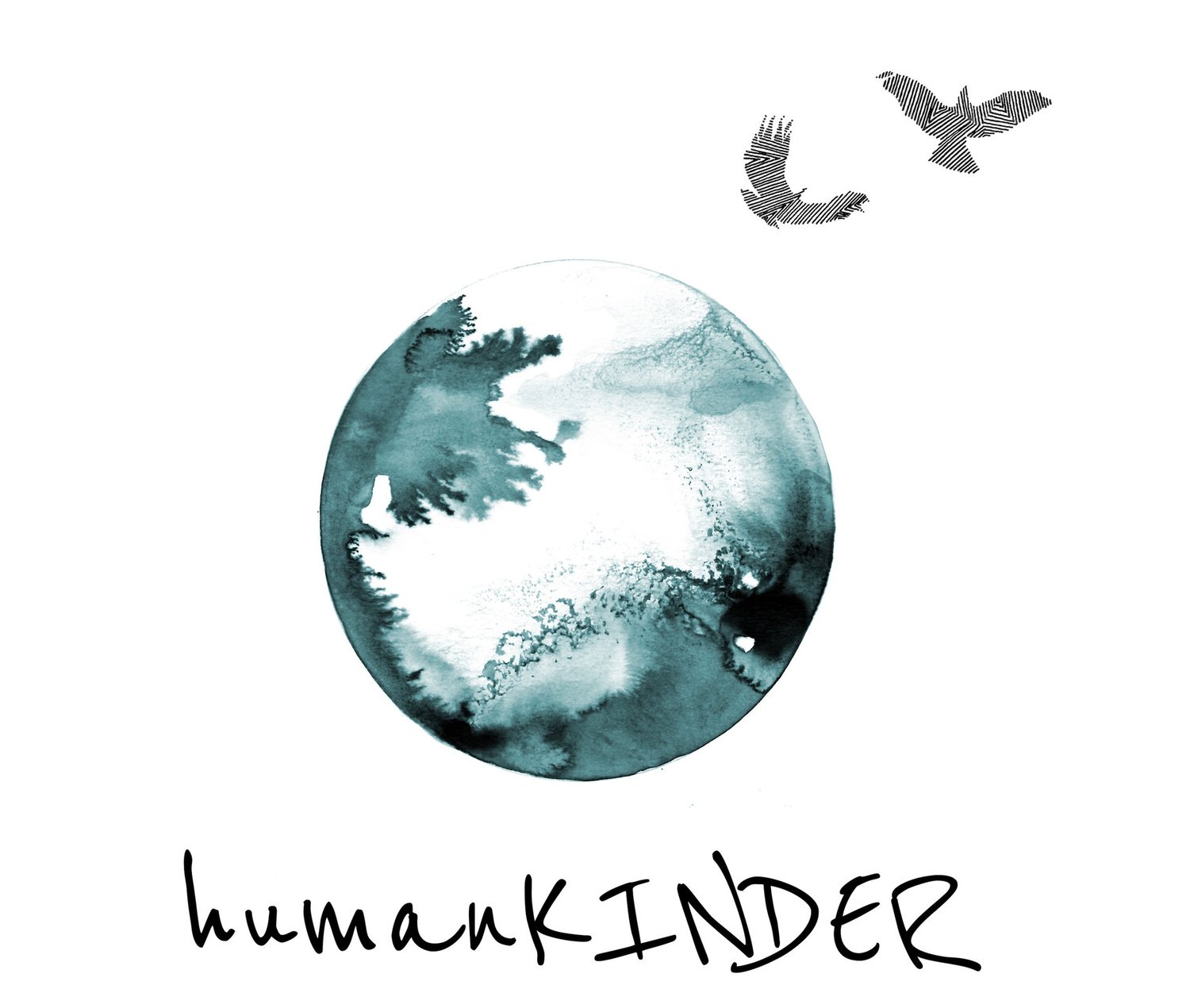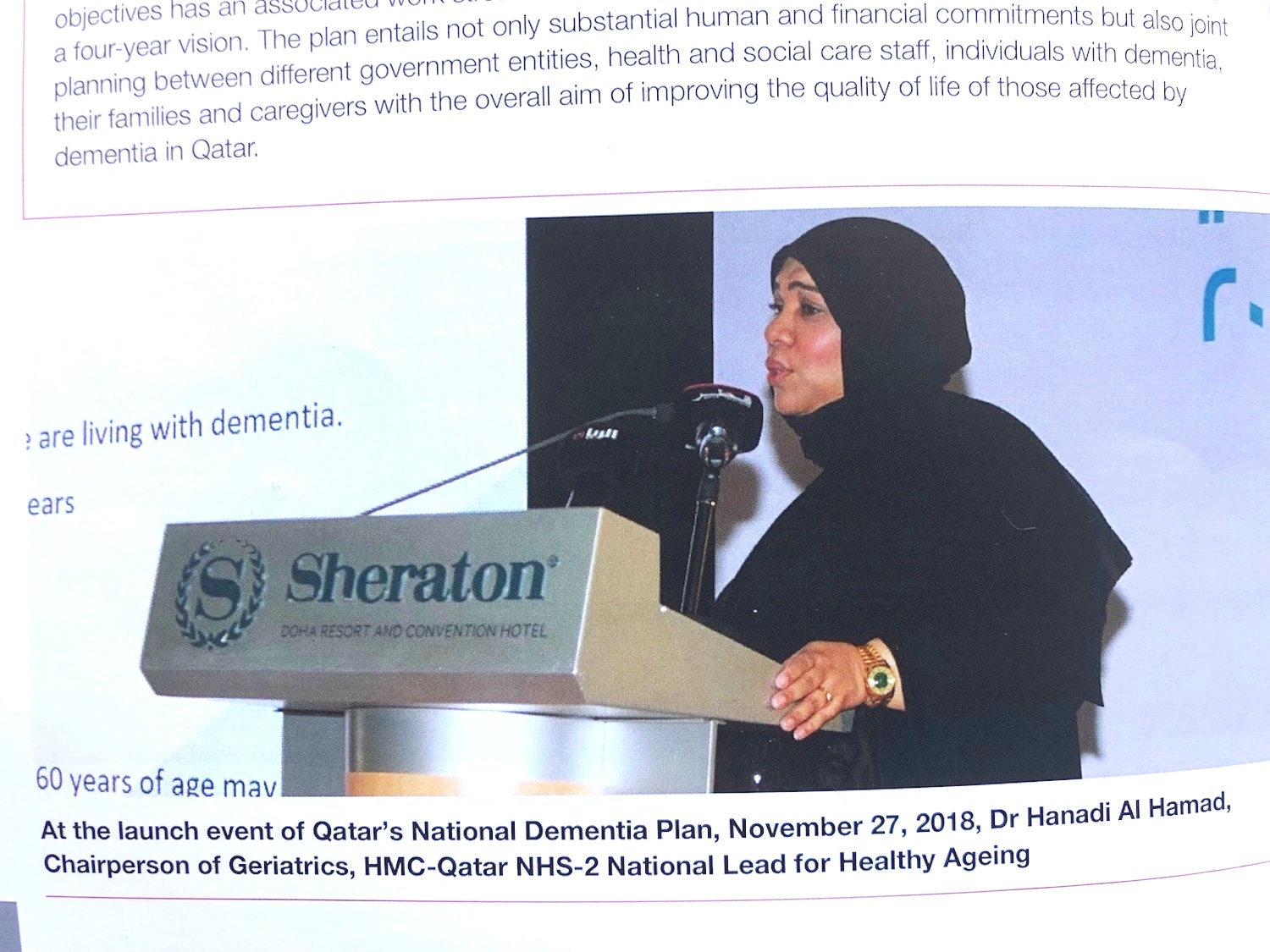Last week I was in Geneva for some of the side events at the 72nd World Health Assembly. The WHA is the supreme decision-making body for the World Health Organisation, attended by delegations from all 194 member states. There was big buzz around the event as people from all over the world convene to discuss global health solutions in our current turbulent world.
I was there to network, discover and test out some humanKINDER concepts against the ideas presented here, taking full advantage of all the great minds and organisations hosting side events at the WHA72. The days proved fruitful, providing plenty of contextual information for a couple of collaborative bids we have in the pipeline, one for Dundeed and the other an application for a panel at SWSX 2020 in the US next year.
I often find the side ‘chat’ equally revealing and this time proved no different. In the street outside the Palais des Nations: “you know the reason they have the fountains in the square in front of the United Nations is to stop the protestors…” But the water did not stop the good people of Venezuala and Kurdistan who I saw one day out in force in front of the Palais Gates. Another day a very loud and disturbing mobile phone conversation from a self proclaimed Christian Fundamentalist - with “full coverage of the US airwaves" - which made my jaw drop. That moment was perhaps the closest I have had into first-hand insight of the moral blindness which evidently accompanies such fundamentalist thinking.
The trip started with a superb evening session celebrating and making the case for 'Financing Sustainable Community Health for All: The Importance of Women Leaders' organised by a partnership between Centre for Global Health and Diplomacy, Communities at the heart of UHC, Living Goods, Last Mile Health and the What to Expect Project. The key message, which was emphasised by the Honourable Dr Ruth Aceng, Minister of Health for Uganda was that universal health coverage begins and ends in the communities. The first thing she did was emphasise the importance of listening and learning from the experiences of the frontline community health workers from Liberia and Uganda who had been first to speak.
Dr Aceng was keen to point out that there is a limit to voluntarism. Everyone wants to be able to put food on the table. This is what we are pushing for in Africa to the government. The community health workers must be a paid workforce. A motivated workforce, but with the support of complimentary volunteers. Emphasising the critical role of women she said that when they are fired up they will get things moving. Really pleased to hear that this week she has received a Heroine of Health Award from Women in Global Health.
Geetha Tharmaratnam Partner for Africa and Head in Impact for LGT Impact shared an key insight that where women are 30% more in senior leadership, these investments have outperformed. She said it is clear that the numbers and principles speak for themselves. Marie-Ange Saraka-Yao raised close to $18 billion US dollars for Gavi between the years of 2011-2015. Our bottom line is saving lives she explained, explaining her work in setting up innovation incubators, raising funds for vaccinations, and testing the use of drones for the delivery medical essentials across Africa. Her closing words: Believe in your vision, be audacious, be innovative and be bold.
The following morning I attended a Breakfast panel hosted by the World Economic Forum and chaired by Marie-Ange (Gavi) to explore Globalisation 4.0: shaping the future of health and healthcare. One of the opening remarks which had particular resonance with me in light of my own recent experiences travelling Europe with The Welcome Tent, was from Sir Jeremy Farrar, Director of The Wellcome Trust. The British passport comes with uncertainty and circumstances which now seem beyond our control, but which we profoundly regret.
Yet it was pleasing to hear that despite that weighted comment, he had chosen to focus on reemphasising the positives. Look at the progress we have made. The global health community are good at focussing on the challenges rather than on the progress. Don’t underestimate the ingenuity of people and communities… the youth, the drive the energy. Don’t give into the populist agenda.
Nancy Brown Chief Executive Officer of the American Heart Assocation said that many in the US are troubled by the inequities of the healthcare system and Marie-Ange responded that in her recent experience travelling around the world there is a now a common aspiration in every country for equal access to health care.
Farid Fezoua, President and CEO , GE Africa and GE Healthcare Africa said it is essential to engage commercial lenders/donors in different ways, notably PPPs in Africa especially Kenya demonstrate an appetite for this approach. He shared a programme of work focussing on the task shifting and education of midwives to address maternal and newborn health, explaining how technology can be leveraged to break down the barriers of distance and cost by focussing on design.
The Director General of the Nigerian Centre for Disease Control emphasised the importance of agile leadership and financial savings where dispersed teams can prevent small outbreaks from turning into big outbreaks. Investing in a network of people as leaders, across the space - teams that can think, react and respond enables the optimisation of staff across the network. He reflected that of course this approach should expect some resistance from the status quo as it goes against the hierarchy and warned that change will not happen overnight. This issue particularly resonated with my experiences leading SILK in the UK, the first social innovation lab within UK government.
His final heartfelt comment was significant. When receiving an invite from a group of young people in the organisation, he realised that the under 35s were organising a forum to support themselves, outside working hours. This nearly brought tears to my eyes he said because they are realising the responsibility that they have, realising that they have to have the confidence and competence to lead themselves.
I next took a side step away from ‘Health’ into our other current field of work supporting and amplifying the experiences of displaced and refugee communities across Europe. If there was one criticism that could be leveraged against the WHA72 was that there was not enough diversity in the disciplines represented… With my social innovation hat on, I imagined what potential there could be if multiple perspectives - social scientists, urban planners, gamers etc - could all be brought together around global health issues.
It seemed rather appropriate that one of the first things I saw at the UN Refugee Agency was a photo of the refugee that is Einstein.
We cannot solve problems using the same thinking we used when we created them
Albert Einstein
I was glad to be able to attend an educational workshop led by Luc Brandt, Special Advisor, about his role and activities for the UNHCR. He shared a film about the history of the organisation, the legal framework for displaced and refugee communities and his personal experiences of working on the ground in Burundi. His talk was in French, of course, as Geneva is in the French-speaking part of Switzerland, and the one comment that really stood out for me and which I wholeheartedly agree with was “le système est en crise”. This was my first, but definitely not the last time I plan to visit.
Next I found myself in another building with iconic humanitarian status, the Museum of the Red Cross, for the launch of Prevention in an Ageing World by Baroness Greengross, the CEO of the International Longevity Centre, UK. The story behind the museum is fascinating and significant in humanitarian history. While on a business trip to secure a water concession with Napoleon III in Italy, Henry Dunant a Swiss Businessman found himself near the site of the Battle of Solferino on 24th June, 1859. Deeply shocked by the state of the wounded, and the fact no one was coming to their aid, he decided to treat them with the help of the local population ensuring each person was given the same care, regardless of their nationality. His memoirs inspired the creation of the International Commitee of the Red Cross (source Céleste magazine, Beau-Rivage, 2019).
Source: Céleste magazine, Beau-Rivage, 2019
Next was a Panel Discussion at the beautiful Beau-Rivage Hotel with its 160 Angels overlooking Lake Leman, hosted by Alzheimer’s Disease International and discussing why we all need to do more about dementia. Paolo Barbarino, CEO of ADI shared their new report From Plan to Impact II, the urgent need for action.
A highlight for me was a heartfelt presentation from Dr Salih Ali Al-Marri, Deputy Minister @MOPHQatar who shared his personal experiences of family members living with dementia. I can always feel their emotions whenever they are happy or whenever they are feeling their ups and downs. Dr Al-Marri has been the driving force behind Qatar being the first country in the world to have a National Dementia Strategy and Plan adopted after being a pilot country in the World Health Organisation Global Observatory in 2015.
Sharing The Dementia Diaries at WHA72
From Plan to Impact II: the urgent need for action, Alzheimer’s Disease International, 2019
From Plan to Impact II: the urgent need for action, Alzheimer’s Disease International, 2019
From Plan to Impact II: the urgent need for action, Alzheimer’s Disease International, 2019
The prevalence of dementia is not diminishing and it was this point that was captured so eloquently in the concluding remarks from Australian Kate Swaffer, Human Rights Activist and Founder of Dementia Alliance, the global voice of dementia, an international advocacy agency run by and for people living with Dementia.
We want to see action, not reports that sit on shelves
Kate Swaffer, Founder Dementia Alliance
Because for people living with dementia, their families and their loved ones, every day and every moment counts. Kate added that optimism is really important and that we must never give up - if Edison had given up we wouldn't have lights on in this room. It was a real honour to meet Kate and find out she already has a copy of our beloved book The Dementia Diaries which was co-developed with the grandchildren of people living with dementia in Kent, UK in 2013. We are currently working with Sophie Okolo to find a way to get this life-affirming educational resource into every school in California, US.
Source: Céleste magazine, Beau-Rivage, 2019
But it was only the next day after leaving this magical hotel that when reading the Beau-Rivage Hotel Magazine I found out something truly remarkable. Eleanor Roosevelt had actually drafted the Universal Declaration of Human Rights while temporarily living there in the 1940s. Wow.
I had picked up the magazine because rather fortuitously I spent those days in Geneva without a mobile phone. Because in our current world of chaos - information, data, fake news, institutionalisation, viruses, crashes - I have found myself caught up and sucked in by the screen. So I found it hugely helpful - liberating even - to remove myself from this and find myself next to a statue of Gandhi sitting and contemplating quietly in the park facing the gates of the Russian Embassy with the Palais des Nations over his shoulder.
May your actions speak so loud that I cannot hear what you are saying
Honourable Dr Ruth Aceng Minister of Health for Uganda
Photograph by Emma Barrett Palmer










